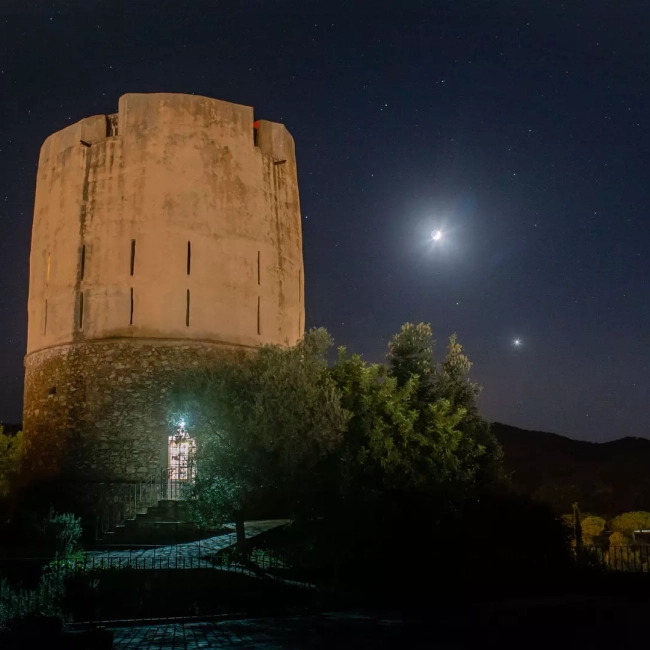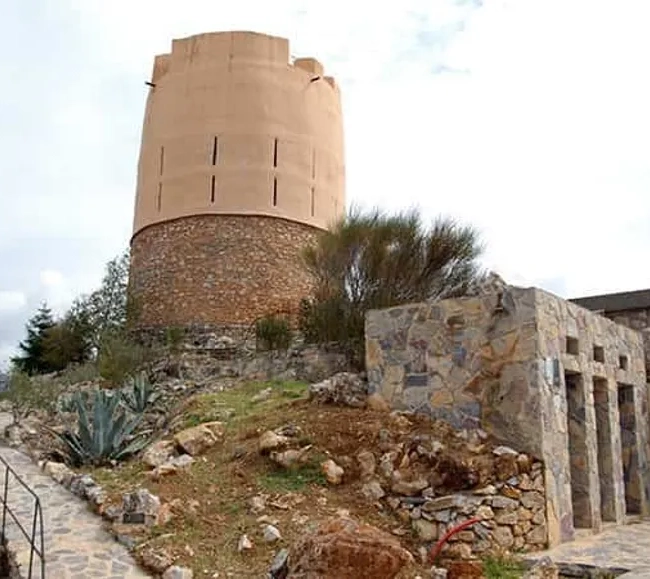Yunquera Astronomical Observatory
Sobre "Yunquera Astronomical Observatory"
The Yunquera Astronomical Observatory, located in the Torre de Yunquera in the heart of the Sierra de las Nieves, is a unique place dedicated to the dissemination and study of astronomy. This observatory is equipped with a 25 cm telescope and a high-tech CCD camera, allowing for high-quality research and astronomical data capture. Additionally, its privileged location provides an ideal natural setting for sky observation and exploring the universe. Through activities such as talks, workshops, and guided observations, the observatory brings astronomy closer to people of all ages, including schools, institutes, and associations.
Since its recognition in 2010 with an international code from the Minor Planet Center (MPC CODE I65), the Yunquera Observatory has collaborated on important space projects. One of the most notable was its participation in NASA's OSIRIS-Rex mission, contributing data for the study of asteroids. It also actively participated in the Comet ISON observation campaign. This observatory is not only dedicated to scientific research but also to inspiring and educating the public about the fascinating world of astronomy, offering a unique educational experience in a spectacular natural setting.
The Yunquera Tower Astronomical Observatory has closed due to the increasing light pollution in the area, which has affected the quality of astronomical observations. Despite the observatory's efforts to collaborate with the local government and adjust the lighting according to sky protection regulations, its proposals were ignored. This situation has progressively deteriorated the conditions for night sky observation, leading to the decision to close the observatory to the public.



